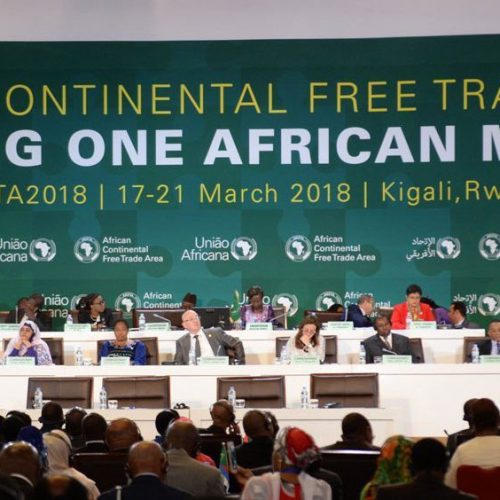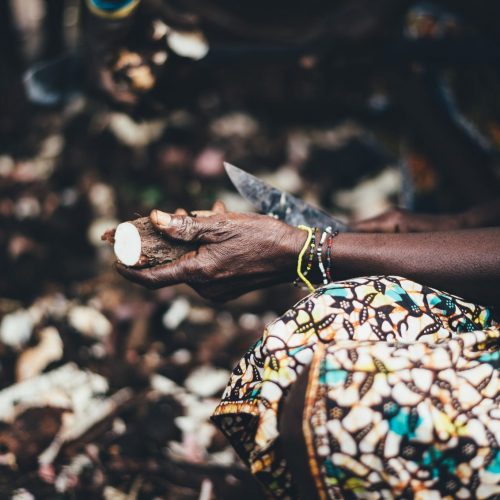In a Post-Covid World, the Africa Continental Free Trade Area could not come soon enough
In its April 2020 Africa Pulse Report, the World Bank concluded that Sub-Saharan Africa (SSA) will face a significant economic downturn as a result of the Covid-19 pandemic that has gripped all countries on the African continent. The bank projects an SSA Gross Domestic Product (GDP) contraction of anywhere between 2% and 5% in 2020, that would signal the first real recession for SSA in over 25 years. Pre Covid-19, the African Economic Outlook report published by the African Development Bank had projected 3.9% growth in 2020 and 4.1% growth in 2021.
The lockdowns instituted by many countries in Africa and the world to manage the spread of the virus have limited commerce, disrupted supply chains and caused reductions in global trade. The global nature of this economic upheaval means limited spaces for African trade.
Global demand for most commodities has slumped, reductions in investment capital inflows and shifting spending priorities in the United States of America (USA) and European Union (EU) will reduce official development assistance to Africa. The World Bank report noted that Angola, Nigeria and South Africa would suffer the largest economic contractions in 2020/2021 due to significant reliance on commodities for which the international demand and prices have significantly reduced.
Scaling Up: How Successory Nigeria Brings Scale to African Business
"Successory Nigeria CEO, Dr Steve Ogidan, is bringing together a broad coalition of institutions committed to driving African growth through microfinance.
Microfinance, when implemented effectively and sustainably, has been credited with lifting millions out of poverty, addressing gender inequality, and providing access to finance that aspiring business-owners can not usually access from traditional bank loans."


